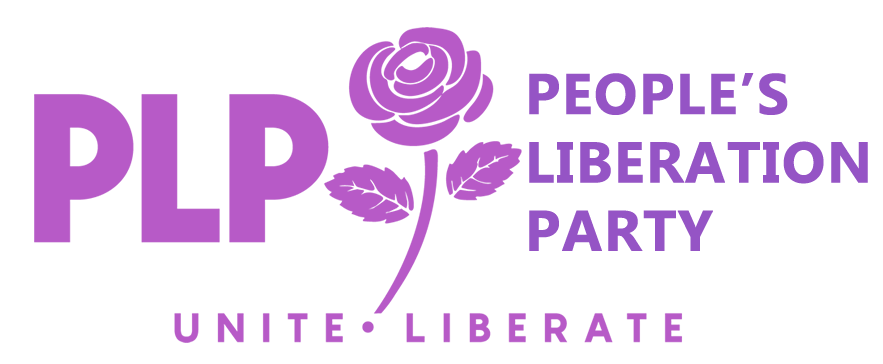Martha Karua’s Narc Kenya party has officially transitioned to the People’s Liberation Party (PLP) following the receipt of a name-change certificate from the Registrar of Political Parties.
The rebrand is part of Karua’s strategic efforts to engage Kenya’s youth, particularly Gen Z voters, who are expected to play a pivotal role in the 2027 general elections.
On Friday, the Registrar of Political Parties, Anne Nderitu, formally presented the legal certification to Karua at the ORPP’s Lion Place offices.
Nderitu commended Narc Kenya for adhering to the legal framework, ensuring the name change was executed in compliance with Section 20 of the Political Parties Act, 2011.
I urge the party to promote nationalism and uphold the realization of political rights.
The name change marks one of four major transformations undertaken by PLP as it seeks to strengthen its public appeal ahead of the 2027 elections.
A New Identity: PLP’s Symbol, Colors, and Slogan
Beyond its name change, the party has introduced:
- A new party symbol, replacing the former rose flower with a purple rose.
- A revamped color scheme, shifting from luminous red and white to lilac, white, and purple.
- A new slogan, replacing “One Kenya, One Nation, One People” with “Unite” and “Liberate.”The rebranding comes amid growing political shifts, following Karua’s recent engagements with former Deputy President Rigathi Gachagua. The two leaders have signaled a potential collaboration, emphasizing the importance of youth participation in the political landscape.
Both Karua and Gachagua have urged young people to register as voters, recognizing their significant influence in shaping the next electoral cycle.
A Generational Shift in Leadership
Karua has affirmed that the party’s rebranding represents a generational shift in its leadership structure, aligning with the aspirations of young Kenyans.
Over the past year, Kenya’s youth have mobilized against the Kenya Kwanza administration, demonstrating their growing political influence.
Karua further revealed that PLP intends to introduce radical constitutional amendments, including term limits for its top leadership positions.
"The party delegates have authorized us to amend our constitution. We want to be the first party in Kenya to have term limits for our top leadership. This means that in the next party elections, I will not be eligible to contest" Karua declared in November
Strategic Political Realignments
Last week, Karua reiterated her commitment to working with Gachagua, who is also set to launch his own political party this month.
I have led Narc Kenya, but we have rebranded. We will officially launch the People’s Liberation Party (PLP) next month” Karua announced on January 25
She clarified that the party’s transformation was not a recent decision, noting that the application for the name change was submitted in May 2023, but was only recently finalized.
This latest development intensifies the competition for Gen Z voters, a demographic expected to be a decisive force in the 2027 elections.
According to the Kenya National Council for Population and Development, data from the 2019 census indicates that 75.1% of Kenya’s population is under the age of 35.
This equates to 35.7 million people, or approximately three out of every four Kenyans, with many advocating for political and economic reform.
As presidential aspirants seek to align with the younger electorate, the race for this crucial voting bloc is expected to be highly competitive as Kenya approaches 2027.
History of Narc Kenya
The National Rainbow Coalition–Kenya (Narc Kenya) was established following the defeat of the government-sponsored draft constitution in 2005.
The party was founded by members of the National Rainbow Coalition who remained loyal to the government under President Mwai Kibaki.
In 2013, Martha Karua contested the presidential election under the Narc Kenya banner, having taken leadership of the party after resigning from Kibaki’s administration in 2009.
With its new identity as PLP, the party now seeks to redefine its role in Kenya’s political landscape, focusing on youth empowerment, governance reforms, and strategic alliances ahead of the 2027 elections.

